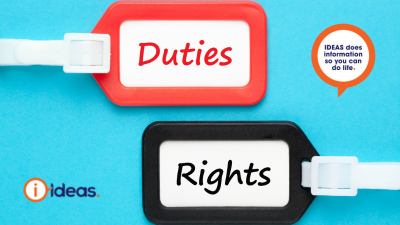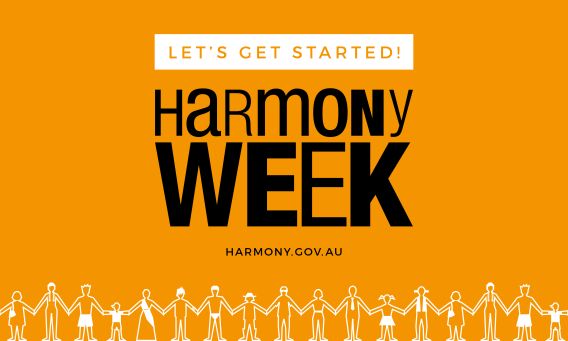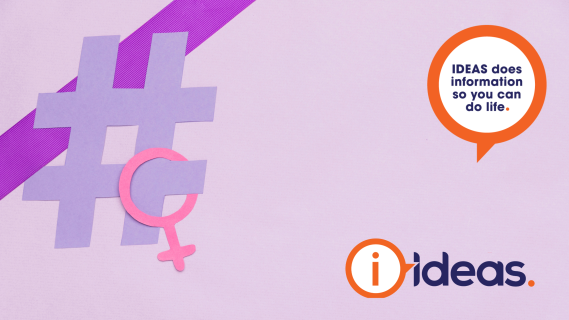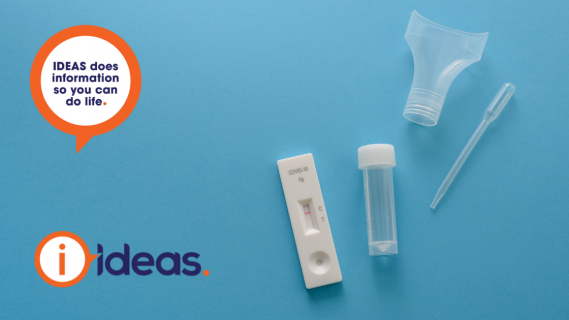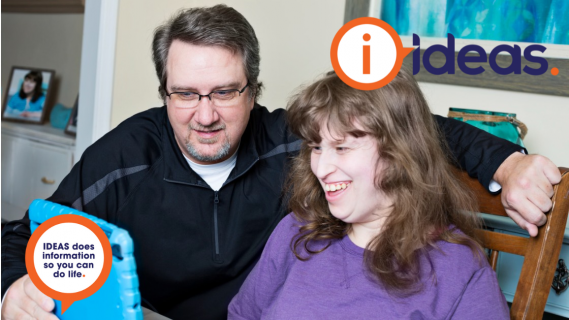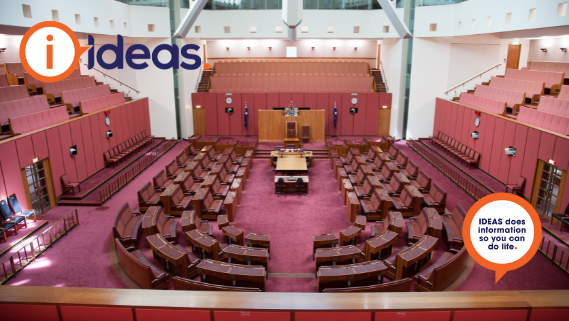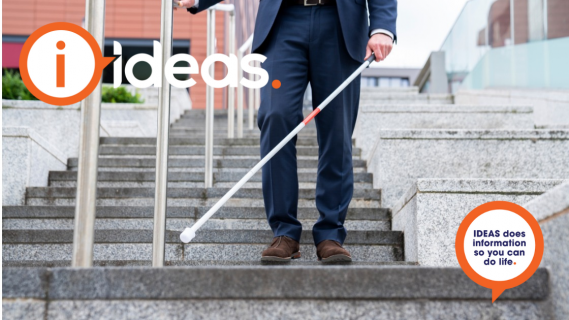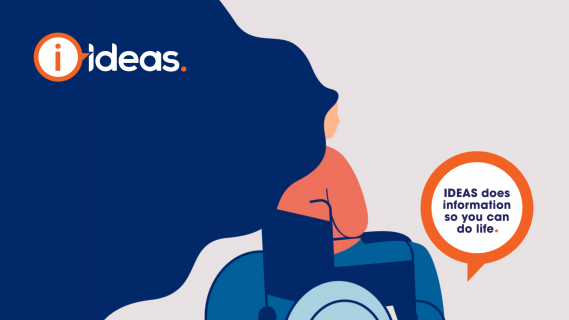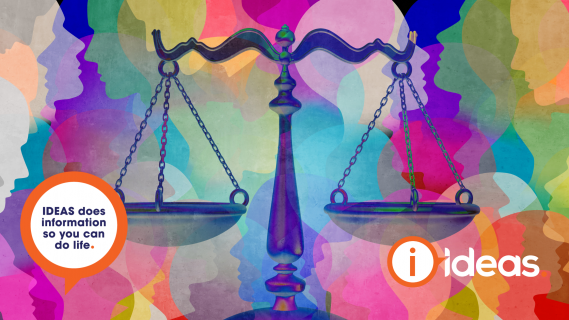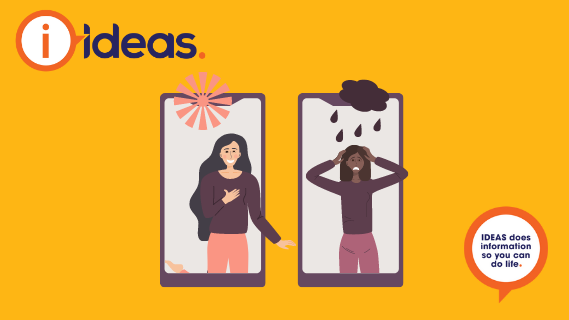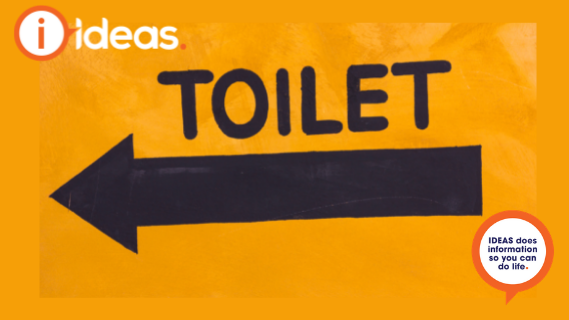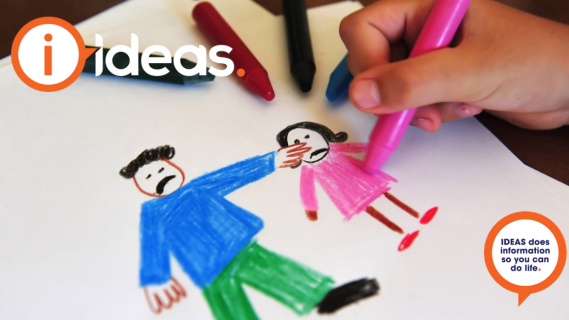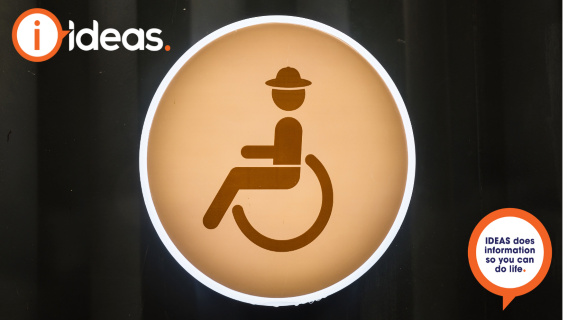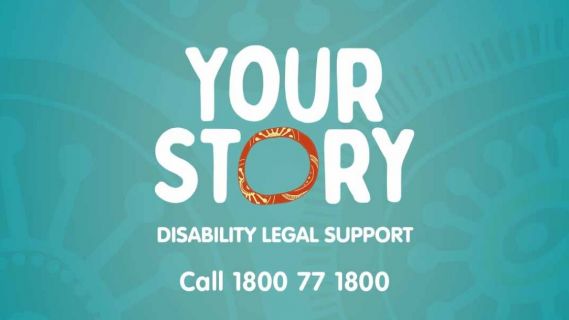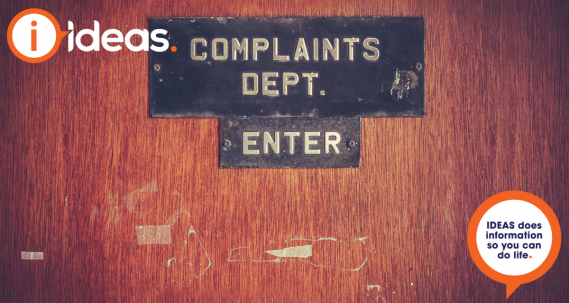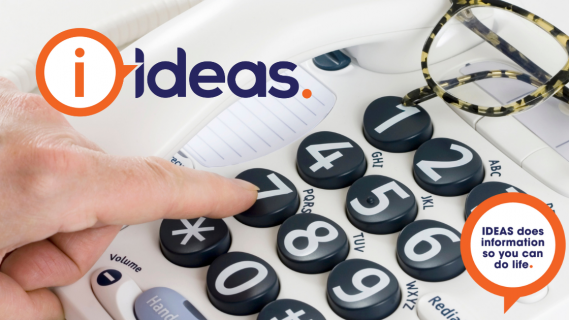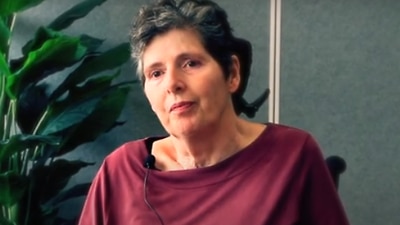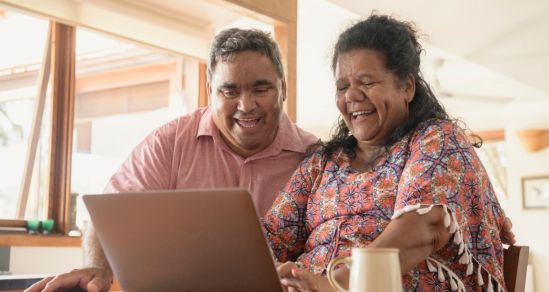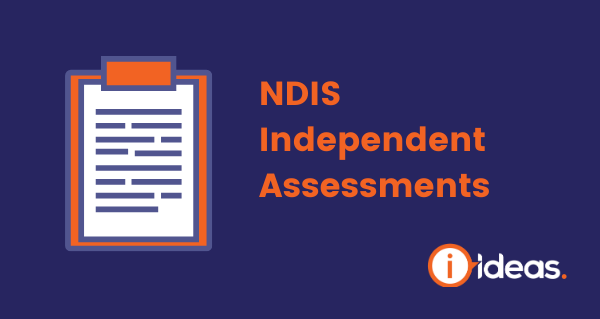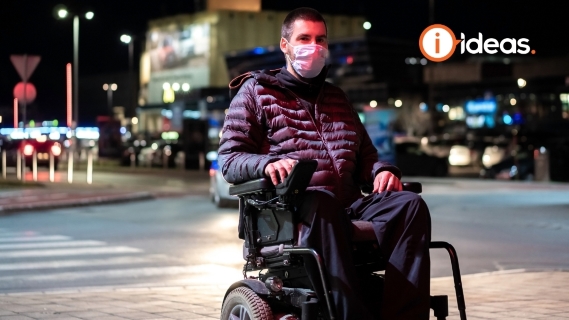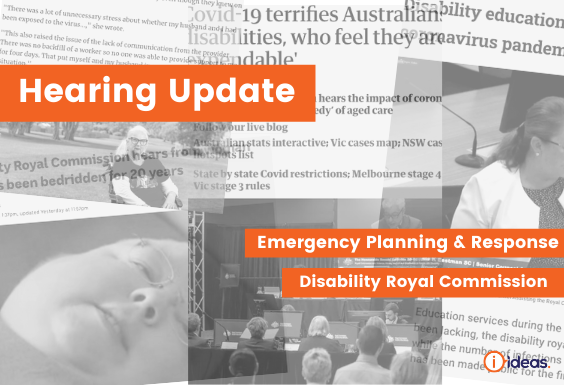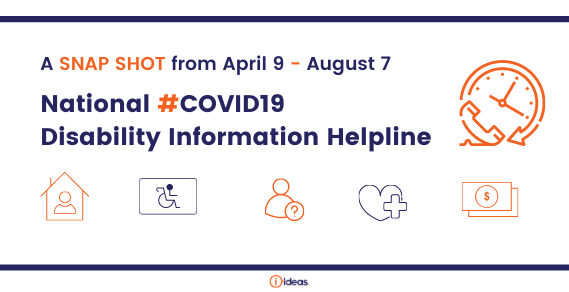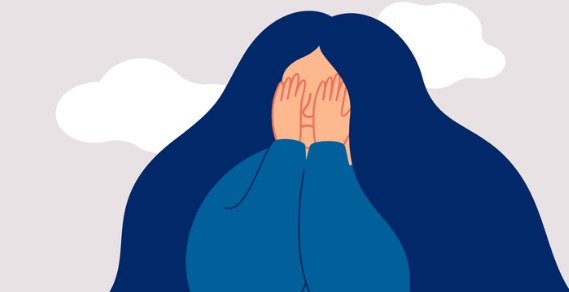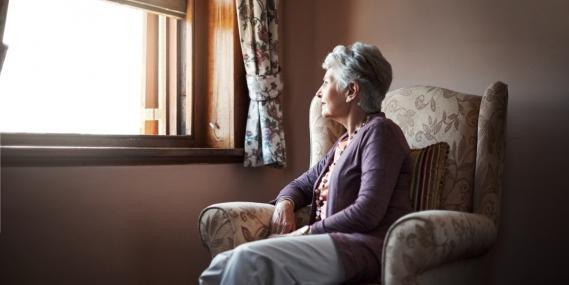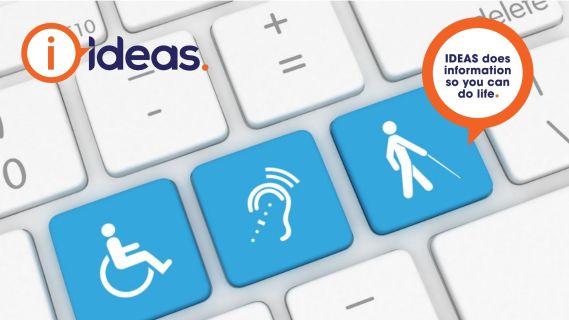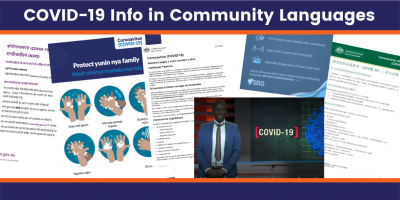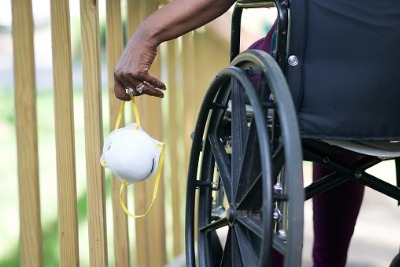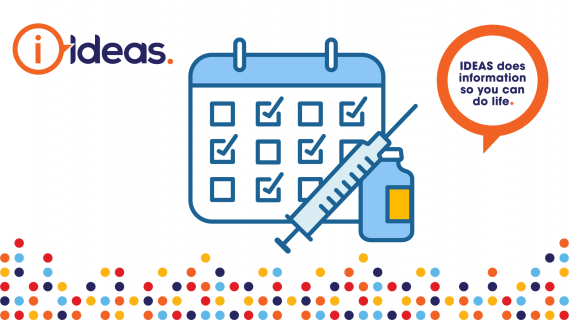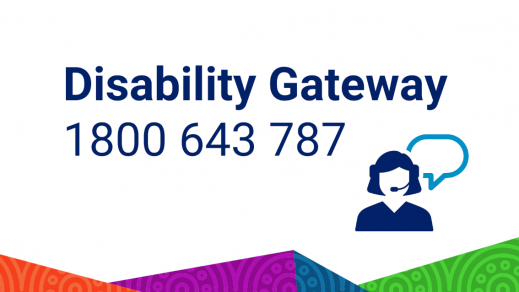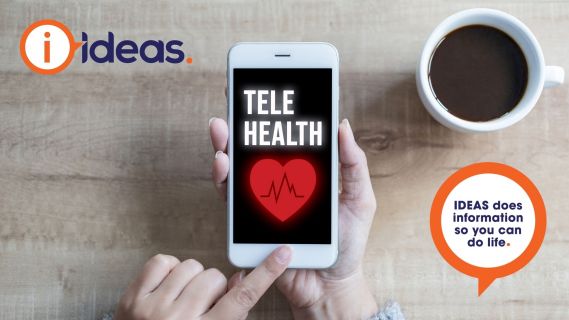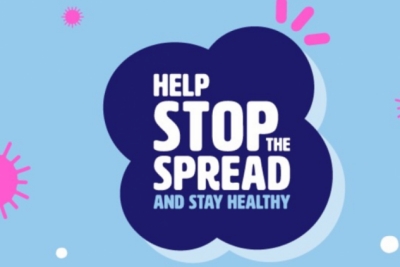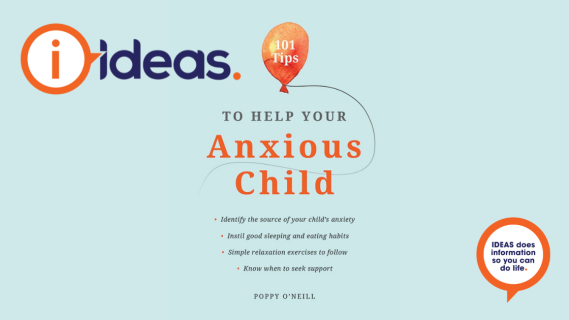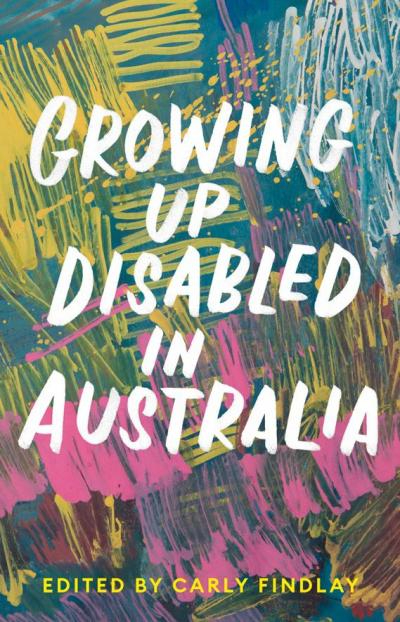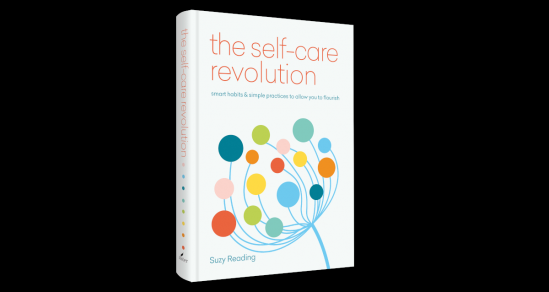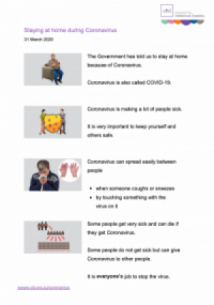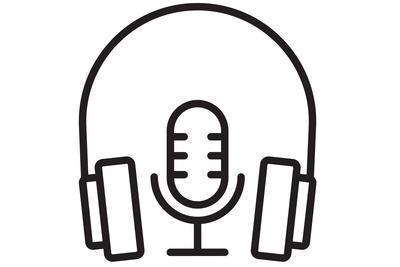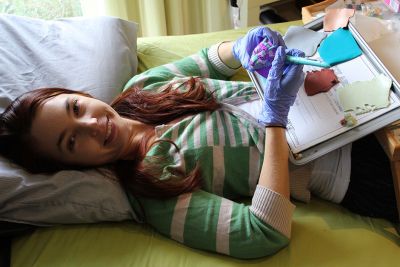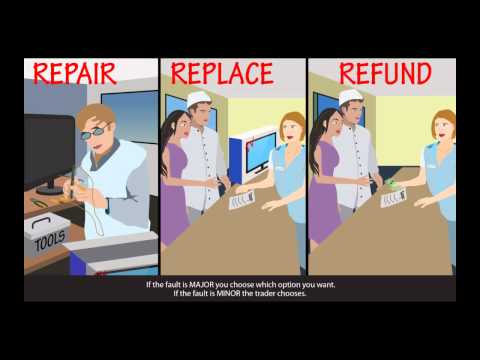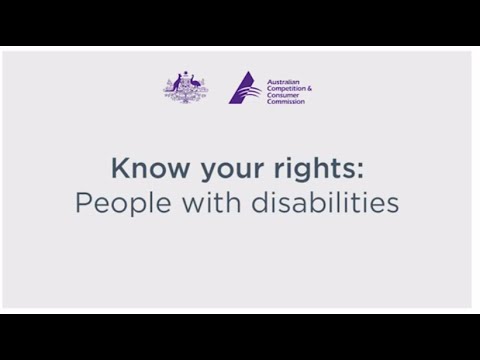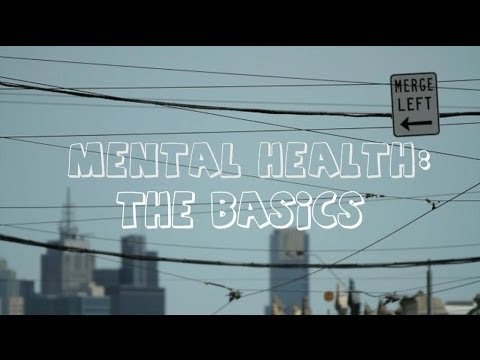In this article, we explain the steps to getting a Mental Health Care Plan, the rebates, situations where extra services may available, such as Better Access. And, we explain Telehealth services to support the delivery of programs to support you. The article includes Easy English Resources.
It is a simple process. The first step can sometimes take courage. It may help you to remember, feelings of anxiousness or nervousness are common, but you need not worry.
You may seek care for short-term concerns or long-term illnesses. Mental health conditions are normal to experience. Beyond Blue share the phrase
“Mental health is about wellness rather than Illness”.
You can aim for your best possible mental health, and you can find support to help you along the way.
Easy English Resources
3DN has developed easy read information sheets on accessing mental health services in New South Wales.
These sheets provide information on
- Finding
- Accessing and
- Using mental health services in NSW
The resources are available, with a video animation at the UNSW 3DN webpage.
- Getting help with your mental health
- The Mental Health Act
- Rights and rules about mental health treatment
- Make a complaint about mental health care
Council for Intellectual Disability also have a number of resources in their Health Easy Read section.
- Looking after your health in lockdown
- Mental Health
- Tips to Help Mental Health
The Simple Steps
Step 1. Make an appointment with your Doctor or General Practitioner (GP). Communicate your concerns.
Step 2. If they decide a plan will help you, they will do 1 of 2 things.
- Make the plan with you.
- Or, refer you to a treating professional to make the plan and goals with you.
Step 3. Referrals to allied health services are then available to support you.
Make an appointment with your Doctor or General Practitioner (GP).
The first step is to connect with your Doctor. Tell your Doctor your concerns about your mental health.
They will consider your needs and circumstances. The Doctor will assess if a Mental Health Treatment Plan is suitable for you. Your Doctor may either prepare a Mental Health Treatment Plan and set goals in consultation with you. Or, they may refer you on to a psychiatrist who may make an assessment and management plan.
At your appointment, you might fill out a questionnaire about how you are feeling. Talking to the Doctor and answering the survey, can help the Doctor to find the best support for you.
Sometimes you will be required to see the Doctor again before they decide on the best plan of care for you.
Referrals
Once an assessment and diagnosis is in place, they may refer you to allied mental health services professionals. Whether a patient is eligible to access allied mental health services is up to your treating health practitioner to determine. They will use their clinical knowledge and considering both the eligibility and the general guidance. To start with your referral will be up to 6 sessions. You can receive up to 20 sessions with further referrals.
Rebates
Medicare rebates are available to patients for nominated mental health services, as provided by general practitioners (GPs), psychologists, psychiatrists, and occupational therapists and eligible social workers.
If your doctor bulk bills, Medicare cover the cost of the appointment. If your doctor doesn’t bulk bill, you’ll need to pay either:
- the full cost
- the difference between what they charge and what we cover.
If you pay the full cost, you can make a claim for the amount Medibank cover. Your doctor can also make a claim on your behalf.
Medicare Eligibility
You can enrol in Medicare if you live in Australia and you are any of the below -
- an Australian citizen
- a New Zealand citizen
- an Australian permanent resident
- applying for permanent residency
- a temporary resident covered by a ministerial order.
You can also enrol if you’re a citizen or permanent resident of either:
- Cocos (Keeling) Islands
- Christmas Island
- Lord Howe Island
- Norfolk Island
You may be able to access the service if you’re visiting from a Reciprocal Health Care Agreement country.
Eligibility for rebates
- You have a GP Mental Health Treatment or Care Plan in place; or
- You are being managed by a health practitioner under a referred psychiatrist assessment and management plan; or
- Have been referred by a psychiatrist or in the case of children a paediatrician.
- Referrals may be for a maximum of 6 sessions in 1 referral.
If the Doctor or therapist you are seeing is not the right “fit” for your individual needs, you can move to another one and use any remaining sessions with the new professional.
New support is available to people living with intellectual disability, it's called Healthy Mind, it's free and online. You can read more about Healthy Mind.
Further referrals
Following the initial referral, you can return to your Doctor for extra sessions up to 20 in a calendar year.
20 services in a calendar year
The Australian Government announced in the 2020 budget, an increase to 20 Medicare-subsidised psychological therapy sessions. People with a mental health care plan can continue to access the services they need. In recognition of the loss of freedom, the challenges of isolation, fear for loved ones, and concerns about employment and the mental health toll of these.
Better Access Initiative
The Better Access initiative gives Medicare rebates to eligible people, so they can access the mental health services they need.
Support is available from eligible general practitioners (GPs) and other medical practitioners, psychologists, social workers and occupational therapists.
The rebate is available to people with a diagnosed mental disorder. This includes many conditions, such as depression and anxiety.
The first step is to get a mental health treatment plan from your GP. This plan identifies the health care you need, and outlines the goals you and your doctor want to achieve.
Eligible people can receive up to 10 individual and up to 10 group allied mental health services each year.
If you think you would benefit from mental health treatment, talk to any of these:
- Doctor or GP
- psychologist
- occupational therapist
- social worker
Mental health support during COVID-19
If you are experiencing severe or enduring mental health impacts from COVID-19 and restrictions, you can access up to 10 extra Medicare subsidised psychological therapy sessions each calendar year until 30 June 2022.
To access the extra sessions you must:
- have a mental health treatment plan
- have used the initial 10 individual Better Access sessions in the calendar year you sought a referral
- receive a referral for the additional 10 sessions from your reviewing health care provider.
Your health care provider will decide how many sessions you can receive in your referral. Any unused sessions will carry over to the new calendar year and you can use them without a new referral. See Mental Health Support for more information.
Telehealth
The temporary Medicare Benefits Schedule telehealth items allow people to access essential Medicare-funded health services in their homes and reduce their risk of contact with COVID-19 within the community. In July new guidelines ensure patients receive care from a GP or practice with whom they have an existing relationship.
Telehealth services can support mental health. To learn about changes to telehealth, you can read our useful information here.

Further reading
Healthy Mind - mental health program for people with intellectual disability Learn Mental Health First AidLook after your mental healthFor urgent support in a crisis, call Lifeline on 13 11 14. In case of Emergency Dial 000
Information Sourced From
Better Access to Mental Health CareBeyond Blue - What is Mental HealthEnrolling in medicareMental Health Care and MedicareServices Australia - How to get mental health support Australian Government Budget 24-25

